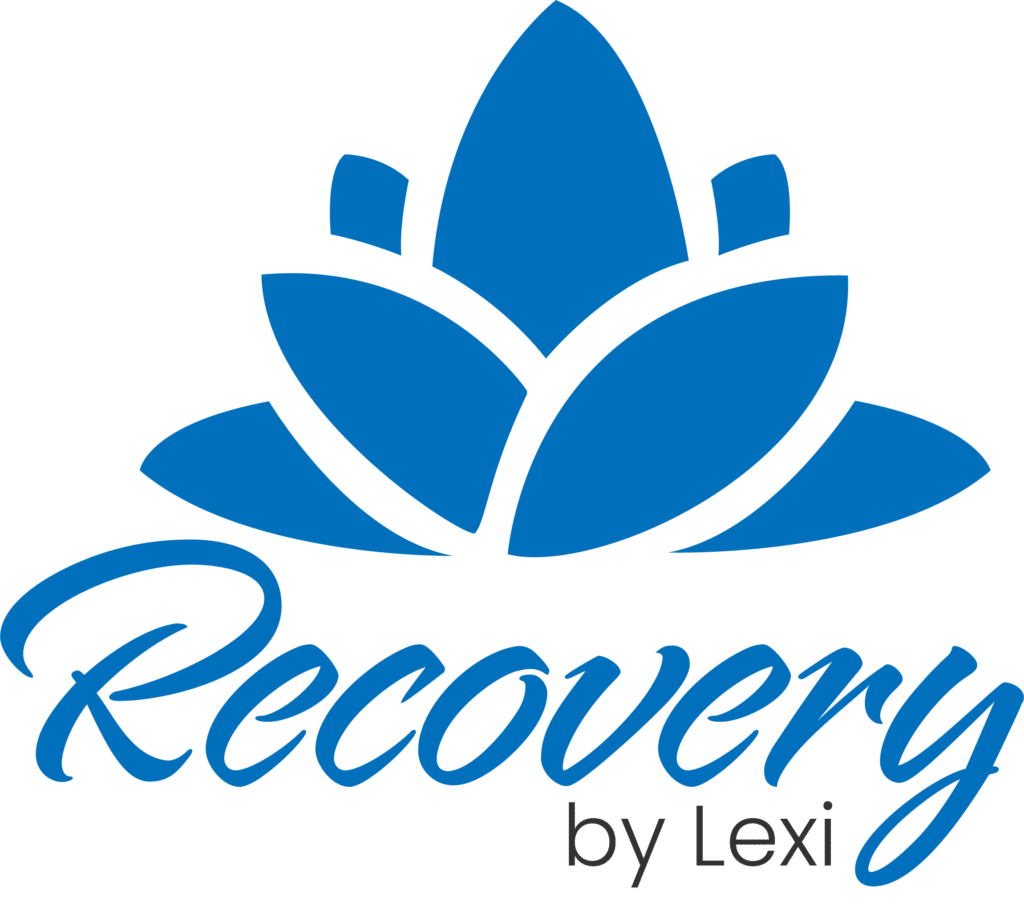A strong support system can be the difference between surviving and thriving. But let’s be real—it’s not always easy to build one. Maybe your old circle isn’t safe. Maybe you don’t know where to start. Maybe you’ve been burned before.
That’s okay. Let’s talk about how to create a recovery support system that works for YOU.
1. Know What You Need (And Don’t Need)
Your support system should feel like a safe landing place—not a source of stress, shame, or pressure. Ask yourself:
- Do I need accountability, emotional support, or both?
- Am I looking for people in recovery or those who simply respect my journey?
- What kind of energy do I want to surround myself with?
Clarity helps you choose the right people, not just the available ones.
2. Start With One Safe Person
You don’t need a huge circle—you just need a few real ones. Think about one person you trust:
- Someone who listens without judging
- Someone who respects your boundaries
- Someone who encourages your growth
This might be a friend, family member, mentor, counselor, or someone in recovery. Start small. Build slow. Let it grow naturally.
3. Find Your Recovery People
You don’t have to walk this road alone. Here’s where to start:
- Support Groups: AA, NA, SMART Recovery, Refuge Recovery, Celebrate Recovery—explore what fits.
- Online Communities: Reddit forums, Facebook groups, Discord channels—there are 24/7 support options.
- Therapy or Counseling: A safe space to unpack the heavy stuff and get tools to stay grounded.
- Sober Events/Meetups: Check out local recovery-friendly hangouts, coffee meetups, or volunteer opportunities.
It might feel awkward at first—but showing up is where connection begins.
4. Set Boundaries with the Past
Not everyone from your old life will be part of your new one—and that’s okay. It’s not about cutting people off in anger. It’s about protecting your peace and progress.
Ask yourself:
- Does this person support my recovery or sabotage it?
- Can I be myself around them?
- Do I feel drained or empowered after talking to them?
Your energy is sacred. Guard it like your life depends on it—because sometimes, it does.
5. Learn to Ask for Help (Even When It’s Hard)
Asking for help doesn’t make you weak. It makes you wise. Whether it’s a ride to a meeting, a check-in text, or someone to talk you through a craving—your people want to show up for you.
You don’t have to be the strong one all the time. Let yourself lean in.
6. Be the Support You Want to Receive
As your system grows, you’ll become a support for others too—and that’s a beautiful part of recovery. We heal in connection, in shared stories, in showing up for each other.
You don’t have to be perfect to be helpful. Just be real.
Final Thought: You Deserve to Be Supported
You are not a burden. You are not too much.
You are worthy of love, support, and a community that holds you up—not one that drags you down.
Building a support system takes time, intention, and a little courage. But you don’t have to figure it all out today. Just take the next step.
